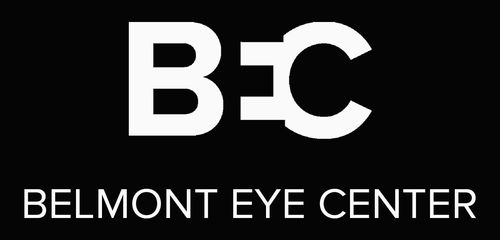SHOPPING FOR SUNGLASSES? WHAT TO LOOK FOR
There’s no time like summertime to invest in a good pair of shades to brave the dog days of summer. Whether you’re staying in the city or planning a much-needed break from the concrete jungle, buying a good pair of quality sunglasses is an important investment for your eye health during this sunny season. In…
Read MoreFACTS ABOUT DRY EYE
Are your eyes often burning or itching? Do people frequently comment that your eyes are red, or do you constantly feel like something is in your eye, but you can’t find the source of the irritation? If your answer to one or more of these questions is yes, then you may be suffering from dry…
Read MoreGLAUCOMA: YOUR QUESTIONS, ANSWERED
An estimated 2.2 million Americans have some form of glaucoma, an eye condition that causes vision loss and can eventually lead to blindness. However, half of the people with glaucoma are not aware that they have the condition because they experience little to no symptoms. If you believe you are experiencing vision loss caused by…
Read MoreWHAT CAUSES FLOATERS IN YOUR VISION?
Have you ever noticed tiny spots or specks in the form of dark shadows floating in your eye? Perhaps you have noticed them more when looking at a clear, bright sky or computer screen. These tiny spots are common and usually cause no harm to your vision. However, in some rare cases, floaters could be…
Read MoreTRENDS IN LASER VISION CORRECTION
Thanks to the latest advances in laser vision correction, patients have more options than ever before when it comes to achieving clear vision. As a leading New York eye surgeon, Dr. Sandra Belmont has consistently stayed on top of the latest advances and has helped countless patients experiencing cloudy vision due to vision problems related to certain…
Read MoreALL ABOUT DIABETIC EYE DISEASES
According to the Centers for Disease Control and Prevention, approximately 29.1 million Americans are living with diabetes, a disease that can cause widespread health problems such as heart disease, stroke and kidney failure. People diagnosed with diabetes are also at an increased risk for certain eye conditions and diseases. In fact, diabetic eye diseases are…
Read MoreREASONS WHY YOUR VISION MAY BE BLURRY
Are you experiencing blurry vision when reading small text up close or street signs and other distant objects? Blurry vision of any kind can be concerning, especially when you don’t know what’s causing it. In this blog post, Dr. Sandra Belmont reveals a few common eye conditions that can cause your vision to become blurred. REFRACTIVE ERRORS…
Read MoreWHY YOUR EYES MAY BE HURTING
Nearly everyone experiences some form of eye pain at one time or another. Some eye pain gets better on its own, but in other cases, it can be a sign of something more serious. If you are unsure why your eye is hurting, read on to learn about possible causes and what you can do…
Read MoreWHEN IS A CORNEAL TRANSPLANT NECESSARY?
The cornea is the clear layer of the front surface of the eye that allows light to enter the eye. A healthy, clear cornea is essential for good vision. If the cornea becomes damaged or diseased, vision may become distorted. In some cases, the only way to restore eyesight is through a corneal transplant from…
Read MoreSUMMER EYE CARE TIPS
Summer is an exciting season that provides plenty of opportunity to enjoy the outdoors. However, the hot weather can take a toll on the eyes. Before you soak up the sun this summer, learn what you can do to keep your eyes happy and healthy all season long. WEAR THE RIGHT SUNGLASSES Your skin isn’t…
Read More








